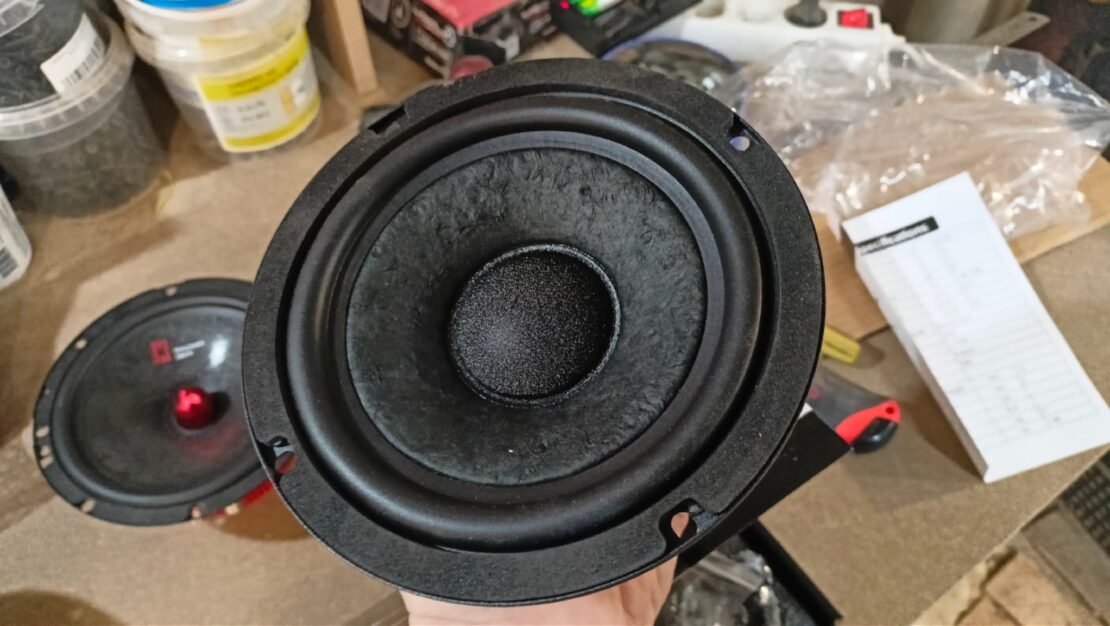Audio quality is important whether you’re recording a podcast, mixing music, or just trying to enjoy a movie. Unfortunately, even the best audio equipment can produce unwanted hum, buzz, or other noises.
In this blog post, our friends from the appliance repair company will show you how to get rid of these pesky problems so that you can enjoy clear, high-quality audio.
Reasons for Hum, Buzz, and Other Noises from Your Audio System
There are several reasons why your audio system might be producing unwanted noise.
- The most common cause is interference from other electronic devices. This can include everything from power lines and electrical equipment to cell phones and microwaves.
- Other causes of audio interference include poor grounding, bad cables, and faulty components.
- The last reason is a bit more technical, but it’s worth mentioning. If the signal from your audio source is too weak, it can create a “ground loop” that causes a humming noise.
Step-by-step DIY Guide
Here is the step-by-step guide on how to get rid of noises from your audio system:
- Identify the source of the noise. The first step in getting rid of unwanted noise is to identify where it’s coming from. Is the noise coming from your microphone? Your speakers? Your audio interface? Once you’ve identified the source of the noise, you can take steps to eliminate it.
- Eliminate electrical interference. One common cause of audio problems is electrical interference. This can be caused by faulty wiring, power supplies that are not properly grounded, or devices that are not properly shielded from electromagnetic interference. If you suspect that electrical interference is causing your audio problems, try moving your equipment to a different location or plugging it into a different outlet. You may also need to replace damaged or faulty cables.
- Use a noise gate. A noise gate is a type of signal-processing device that is used to reduce or eliminate background noise from an audio signal. Noise gates work by attenuating (or reducing) the level of an audio signal when the signal falls below a certain threshold. This can be used to reduce or eliminate background noise from a recording without affecting the overall level of the signal.
- Use EQ to reduce undesirable frequencies. Equalization (EQ) is another type of signal processing that can be used to reduce or eliminate unwanted frequencies from an audio signal. By using EQ, you can selectively boost or cut specific frequencies in order to achieve the desired sound. For example, if your audio has too much low-end rumble, you could use EQ to reduce the level of bass frequencies.
- Use noise reduction software. If you’re still having trouble getting rid of unwanted noise from your audio recordings, you may want to try using noise reduction software such as iZotope RX 6 or Waves WNS Noise Reduction Plugin. These types of software programs work by analyzing an audio signal and identifying and reducing unwanted background noise.
If it’s the last thing you want to spend hours troubleshooting only to find out that the problem is with your equipment, it’s better to call a professional company to repair your audio system.

How to Choose the Appliance Repair Company For Your Audio System
There are a few things to keep in mind when choosing an appliance repair company in Orillia for your audio system.
- First, you’ll want to make sure that the company is experienced and has a good reputation. You can check online reviews to get an idea of what other customers have said about the company’s services.
- Second, you’ll want to make sure that the company offers a warranty on their work. This will give you peace of mind in knowing that if something goes wrong, you’ll be covered.
- Finally, you’ll want to make sure that the company is affordable. Be sure to get quotes from several different companies before making a final decision.
Conclusion
There are many different ways that you can reduce or eliminate hum, buzz, and other noises from your audio recordings and movies. By following the tips in this blog post, you should be able to achieve clear, high-quality sound in no time! But always remember that with serious problems it is better to seek professional appliance repair company help so as not to make the situation worse.